Apollo Astronaut Edgar Mitchell Dies At Age 85
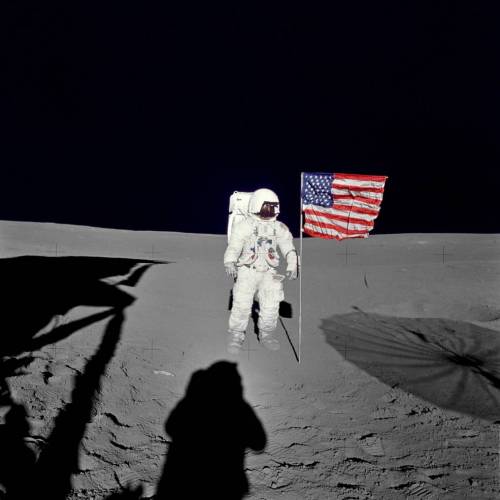
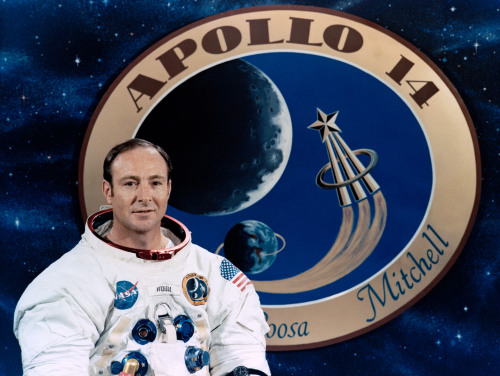
Apollo Astronaut Edgar Mitchell Dies at Age 85
Astronaut Edgar Mitchell, lunar module pilot on Apollo 14, passed away Thursday in West Palm Beach, Fla., on the eve of the 45th anniversary of his lunar landing. Mitchell was the sixth man to walk on the Moon.
“To me, that (spaceflight) was the culmination of my being, and what can I learn from this? What is it we are learning? That’s important, because I think what we’re trying to do is discover ourselves and our place in the cosmos, and we don’t know. We’re still looking for that.” - Edgar Mitchell in 1997 interview for NASA’s oral history program.
Source: NASA
More Posts from Smartler and Others
State of NASA
Over his tenure, President Obama has now invested $147 billion in America’s space program. Our elected leaders, on a bipartisan basis, have chosen to make this investment in our Agency, because they believe in our Journey to Mars and recognize that investments in NASA’s present are investments in America’s future.
Because the State of our NASA is strong, President Obama is recommending a $19 billion budget for the next year to carry out our ambitious exploration and scientific discovery plans. Here are the areas in which we’ll continue to invest:
Solar System and Beyond

As we explore our solar system and search for new worlds, we look to answer key questions about our home planet, neighboring planets in our solar system and the universe beyond.
Journey to Mars

We’re developing the capabilities needed to send humans to an asteroid by 2025 and Mars in the 2030s. Mars is a rich destination for scientific discovery and robotic and human exploration as we expand our presence into the solar system. Its formation and evolution are comparable to Earth, helping us learn more about our own planet’s history and future.
International Space Station

Earth Right Now

We use the vantage point of space to increase our understanding of our home planet, improve lives and safeguard our future. Our Earth science work also makes a difference in people’s lives around the world every day.
Technology Drives Exploration

Sustained investments in our technology advance space exploration, science and aeronautics capabilities. We seek to improve our ability to access and travel through space; land more mass in more locations throughout our solar system; live and work in deep space and on planetary bodies; build next generation air vehicles, and transform the ability to observe the universe and answer profound questions in Earth and space sciences.
Aeronautics

Thanks to advancements in aeronautics developed by NASA, today’s aviation industry is better equipped than ever to safely and efficiently transport all those passengers to their destinations.

The President’s FY 2017 budget provides $790 million to our Aeronautics Research Mission Directorate. This investment will accelerate aviation energy efficiency, advance propulsion system transformation and enable major improvements in aviation safety and mobility. The future of flight will: utilize greener energy, be half as loud, use half the fuel and will create quieter sonic booms.
State of NASA Social

Today, we have opened our doors and invited social media followers and news media to an in-person event, at one of our 10 field centers. Guests will go on a tour and see highlights of the work we’re doing. You can follow along digitally on Twitter: https://twitter.com/NASASocial/lists/state-of-nasa-all1.
Check our Twitter Moment HERE.
Did you miss NASA Administrator Bolden’s remarks? You can watch a full recap HERE.
For all budget related items, visit: http://www.nasa.gov/news/budget/index.html
Make sure to follow us on Tumblr for your regular dose of space: http://nasa.tumblr.com
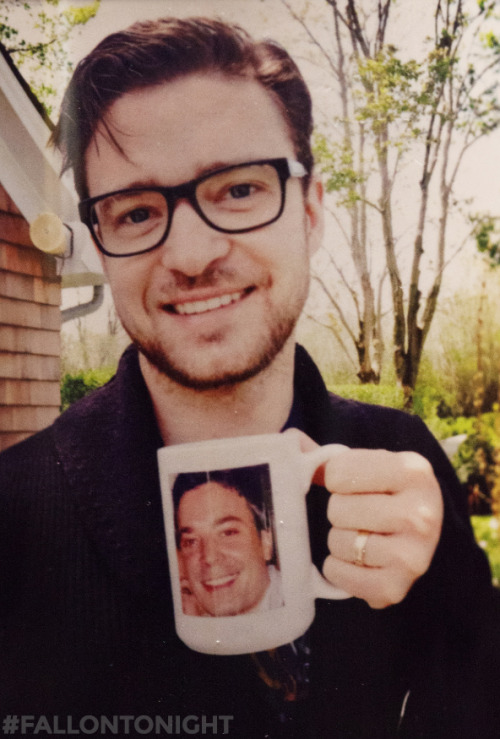
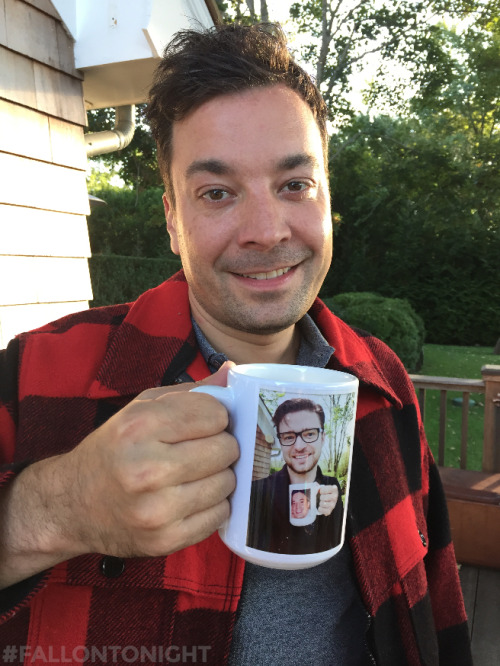

Mug-Ception!

For more amazing images and posts about how Astronomy is Awesome, check us out!
http://astronomyisawesome.com/
As always, please feel free to ask questions and we love it when you reblog!
#astronomy #space #nasa #hubble space telescope #nebula #nebulae #galaxy
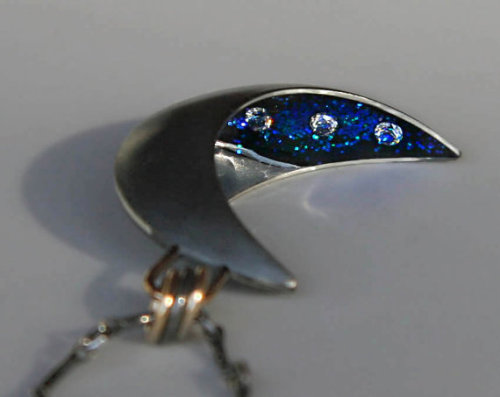
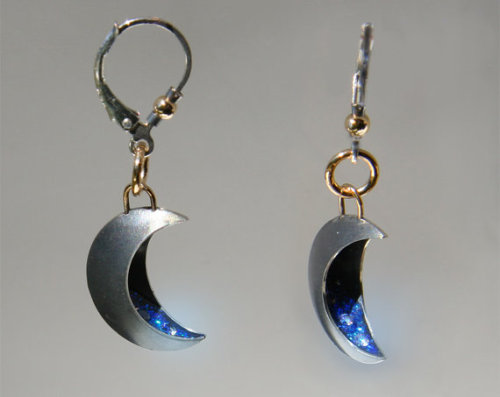
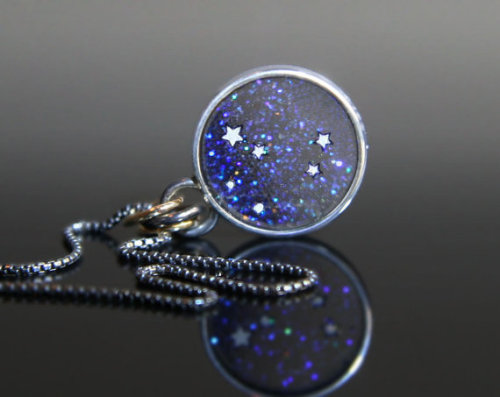
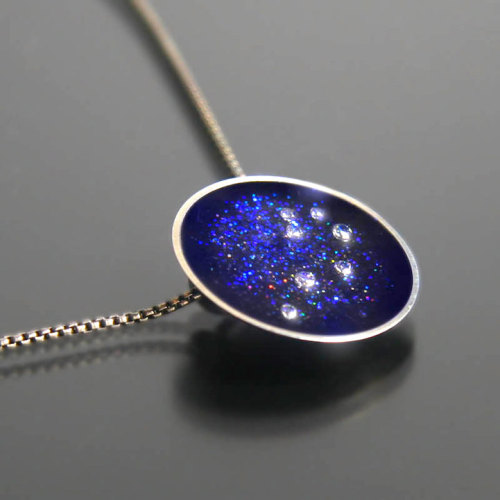
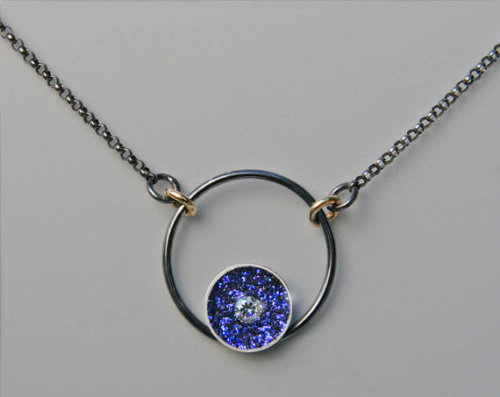
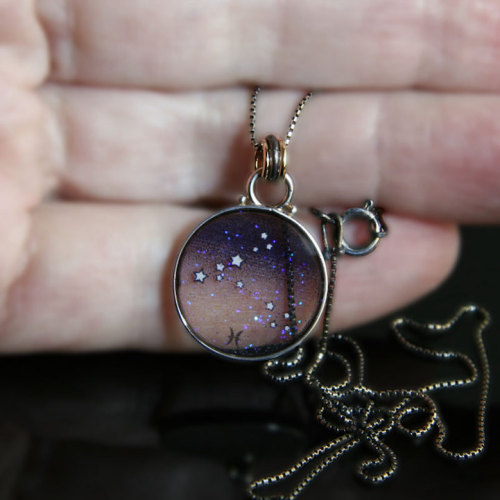
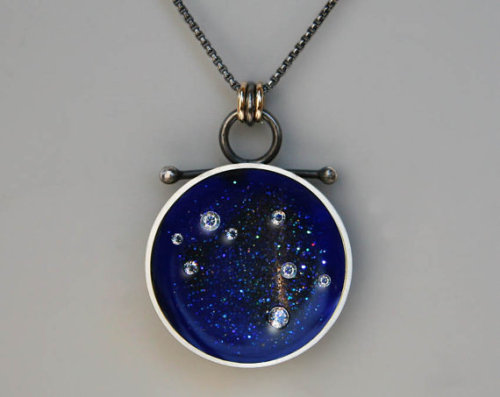
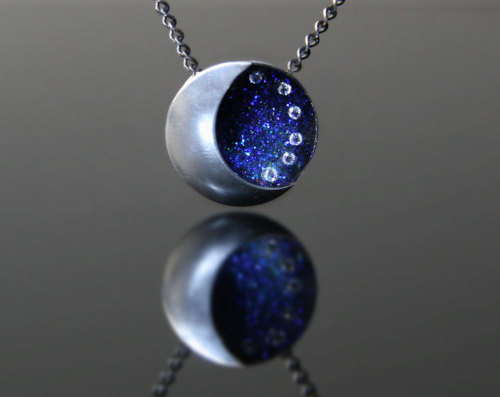
Handcrafted Jewelry Infused with the Spectacular Beauty of the Universe
POP CULTURE POSTS
Movies
Addams Family
The Avengers
The Avengers: Age of Ultron
Being Sorted at Hogwarts
The Breakfast Club
The Breakfast Club (Text)
Children of the Corn
Classic Movies
Clueless
Dumbledore Analysis
High School Musical
Disney Princesses
Disney Princess (2)
Disney Princess Compatibility
Disney Songs
Disney Villains
Fight Club
Finding Nemo
Freaky Friday
The Great Gatsby
Harry Potter
Harry Potter Compatibility
Harry Potter Movie Quotes
Harry Potter Things
Hogwarts Houses
Mean Girls Characters
Mean Girls Lunch Tables
Mermaid Movies
Minions
Movie Cliches
Panem Districts (Hunger Games)
Percy Jackson
The Purge
Receiving a Hogwarts Letter
Tim Burton Movies
Unfriended
Music
American Tragedy Songs
Anaconda (1)
Anaconda (2)
Arctic Monkey Lyrics
Arctic Monkey Songs
Artpop Songs
Bad Blood
Badlands vs Beauty Behind the Madness
Beatles Songs
Beauty Behind the Madness Songs
Blank Space Lyrics
Blank Space vs Shake it Off
Blink-182 Songs
Body Electric vs Born to Die
Born to Die Songs
Born to Die: Paradise Edition Songs
Britney Spears Phases
Colors // Halsey
Coming Down // Halsey
The Doors Songs
Drake
Four Songs
Hannah Montana Songs
Electra Heart Archetypes
Foster the People Songs
Gods & Monsters
Halsey’s Hair
Hello // Adele
Holy Trinity
Icona Pop Songs
Iggy vs Nicki
Kid Cudi Songs
K-Pop Groups
Lana del Rey Albums
Lana del Rey Songs
Lana lyrics for Mars
Led Zeppelin Songs
Lorde Songs
Love Songs
Michael Jackson Songs
Midnight Memories Songs
Milky Chance Songs
Modest Mouse Songs
Money, Power, Glory
My Everything Songs
One Direction Albums
One Direction // Elements
One Direction & 5SOS: The 75%
Pepsi Cola vs Diet Mountain Dew
Piña Colada Song
Pink Friday vs Pink Print
Pinkprint Songs
Rappers
Rolling Stones Songs
Strange Love // Halsey
Strokes Songs
Sucker Songs
Ultraviolence Songs (Text)
Ultraviolence Songs (Image)
The Weeknd Songs
Zayn Malik
1975 Lyrics
1975 Songs
1989 Songs
5SOS Members
5SOS Songs
TV Shows
Adventure Time Characters
American Horror Story Asylum
American Horror Story Coven
American Horror Story Coven Powers
American Horror Story Freak Show
American Horror Story Murder House
American Horror Story Seasons
Attack on Titan Gifs
Breaking Bad
Criminal Minds
Doctor Who
FRIENDS
Game of Thrones
House M.D.
H2O
Kardashian Gifs
London or Maddie?
Nick vs. CN vs. Disney Channel
Ouran Highschool Host Club
Pretty Little Liars
Powerpuff Girls
Sailor Moon
Sherlock (BBC)
Shows for the Signs
Skins Generation One
Skins Generation Two
Supernatural
Teen Titans
Teen Titans (text)
Total Drama Island
Zack or Cody?
Misc.
Brangelina
Fairy Tales
Famous Authors
Famous Monsters & Cryptids
Famous Quotes
Fandoms
Historical Figures
Iconic People of 2015
I’m in Me Mum’s Car
Lana del Rey Tweets
Madonna x Drake
Mario Kart Weapons
Problematic Celebrities
Rare Pepe
Retro Videogames
Shakespeare
Shrek is Love
Social Medias
Sonic
Sunday Comics
Tumblr Aesthetics
Tumblr Clothing
Tumblr Fandoms
White Girl Trends
Who you should Date
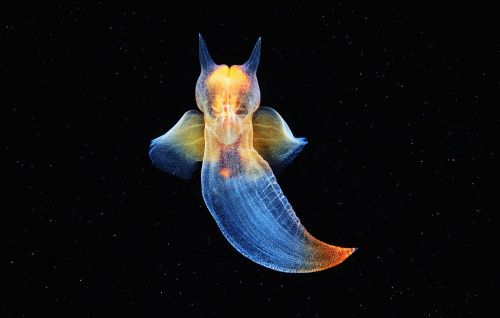
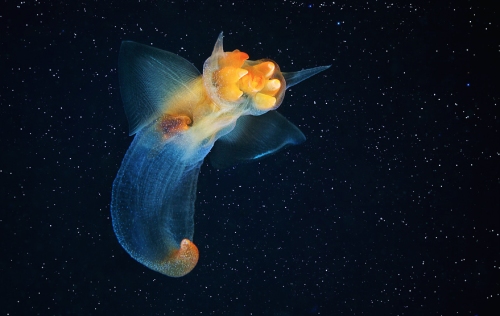
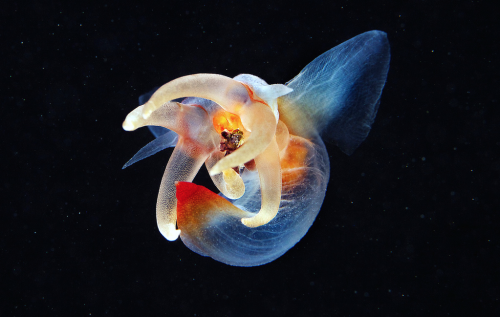
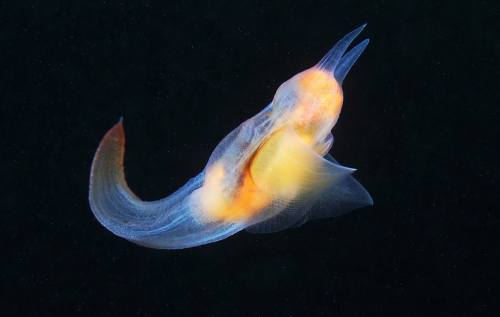
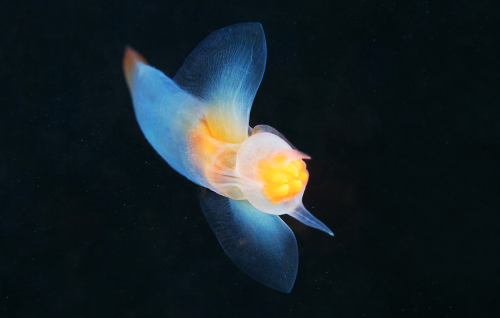
this is a sea angel (clione limacina), photographed by alexander semenov swimming with its wing like fins in russia’s white sea. these translucent pteropods, measuring only a few centimeters in length, are actually sea snails sans shells. lacking this cumbersome but protective shell, sea angels instead synthesize bad tasting compounds that dissuade predators from eating them. (see also: bobtail squid and josh lambus’ work)
What is a Supermoon Lunar Eclipse?

We’ve told you that on Sept. 27 a supermoon lunar eclipse will occur in the U.S. And much of the world, but what does that mean?
One important note, is that this event can be referred to in many different ways:
Supermoon Lunar Eclipse
Super Blood Moon
Harvest Moon Eclipse
Supermoon Eclipse
All slightly different names, but apply to the same spectacular event that will occur this weekend.
Since it’s rare that both a supermoon and an lunar eclipse occur at the same time, let’s break it down.
1) Supermoon

A supermoon is a full or new moon that falls closest to the fall equinox, and is at its closest approach to the Earth. This results in the moon appearing up to 14% larger in diameter.
2) Lunar Eclipse

A lunar eclipse occurs when the moon passes directly behind the Earth into its shadow. This can give the moon a red tint.
3) A Supermoon Lunar Eclipse!

The combination of these two events does not happen very often. In fact, since 1900 a supermoon lunar eclipse has only happened 5 times! The last time this occurred was 1982, and if you miss the event this year, your next opportunity won’t come until 2033.
This year, the event will be visible from the Americas, Europe and Africa on the night of Sept. 27. Here’s a full schedule of the supermoon eclipse:

If it’s cloudy in your area on Sept. 27, don’t worry! NASA Television will be providing a live stream of the event, so you can tune in and enjoy the show.
For more information and resources on the supermoon lunar eclipse, visit our page on NASA.gov.
Make sure to follow us on Tumblr for your regular dose of space: http://nasa.tumblr.com
Sea otters—gardeners of the eel grass
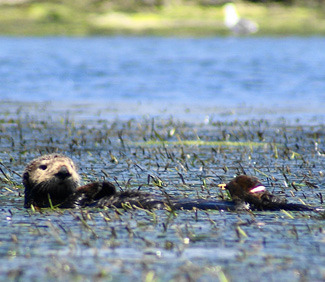
Photo: Ron Eby
In the 1970s, researchers discovered that kelp forests are healthier and home to many more species with otters than without them. By keeping kelp-devouring sea urchins in check, otters promote kelp growth, which in turn supports a diverse community of algae, fish, invertebrates, and marine mammals.
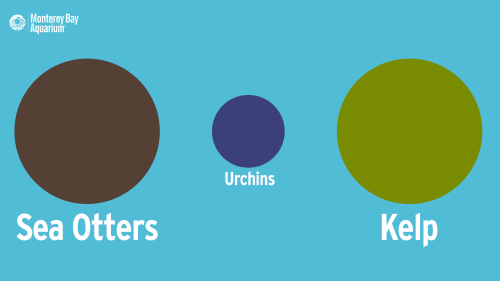
If otter abundance is up, so is the kelp’s; if urchin abundance is up, the otter and kelp abundance will be down. This domino effect is called a three-step trophic cascade.
But wait, there’s more!
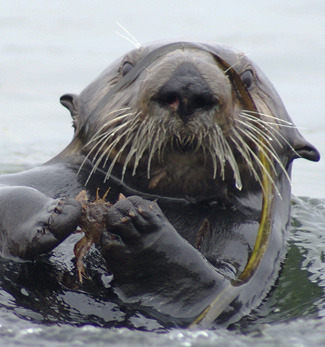
Photo: Ron Eby
Researchers from UC Santa Cruz monitoring sea otters living in Elkhorn Slough, an estuary in Monterey Bay, noticed something incredible: after otters moved into the area, the eel grass beds became healthier. They took a closer look and discovered that otters are also a keystone species in the eel grass community!
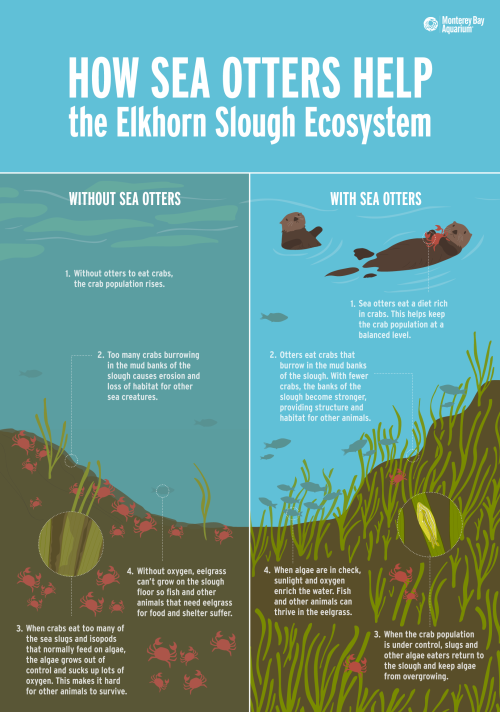
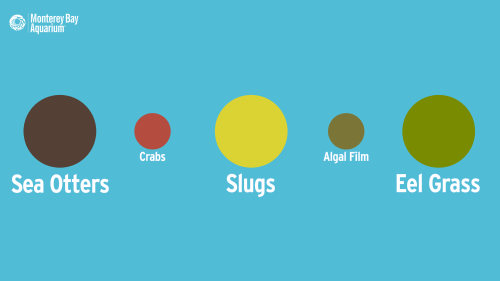
We’ve been studying sea otters for over 30 years, and they continue to impress us every day.
Simple actions—like protecting sea otters—can have drastic, surprising, and positive impacts throughout the environment. To find out how you—yep, you, right there—can help us continue our research, take a look at our Sea Otter Program page.
Here’s to the next 30 years of sea otter research!
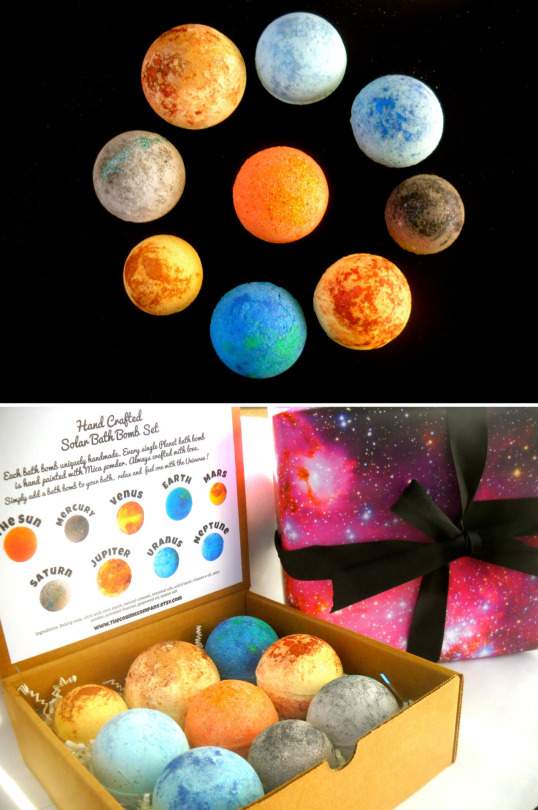
Solar Bath Bomb Set by The Cosmic Company
The Cosmic Company wants to turn bath time into a stellar fun experience! Drop one of these super fun bombs in the bath and be transported to a new galaxy. Enjoy the fun fizziness as the bath turns an exciting new color and the aromatherapy smells center and balance and detox you! These planet bombs are unlike anything you will ever find. Each gift set includes 9 beautiful hand crafted Planet bath bombs, that are hand painted with mica powder. Find more stuff in their Etsy shop!
View similar posts here!
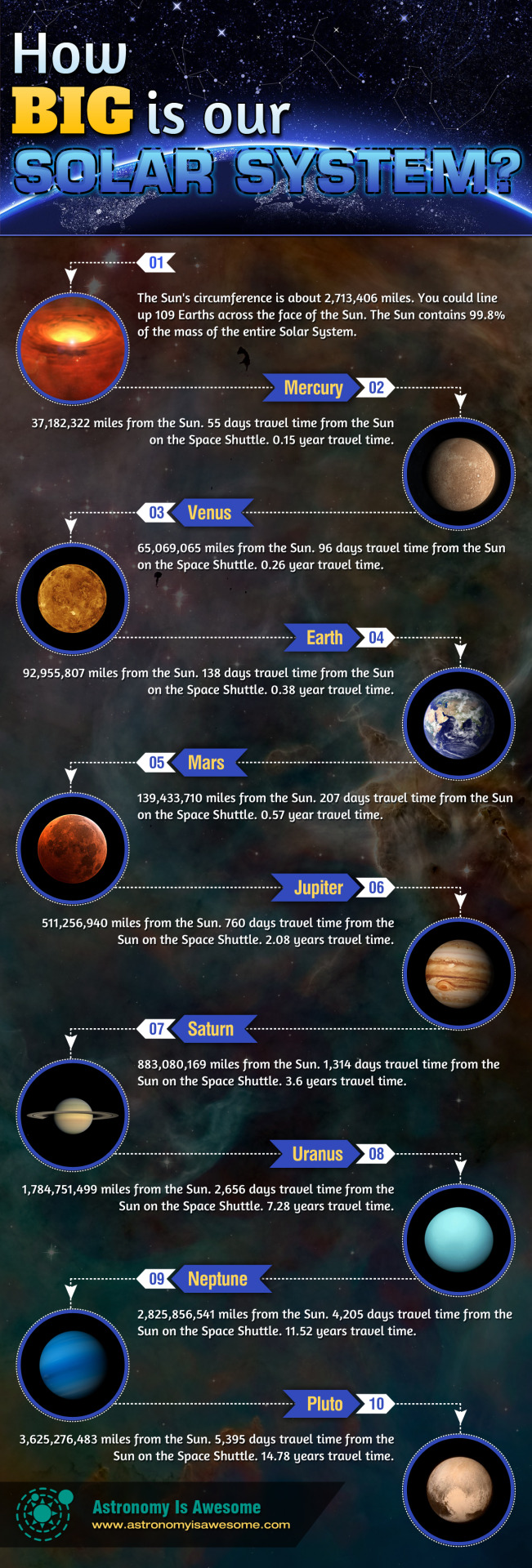
Check out our How Big is our Solar System #Infographic!
http://astronomyisawesome.com/infographics/how-big-is-our-solar-system/
Find out How Big is our #Solar #System and How Long Would it Take to Travel Within it?
The Space Shuttle travels at roughly 28,000 miles per hour, which means in 24 Earth hours, you’d travel 672,000 total miles.
-
 comet-crazy-blog reblogged this · 8 years ago
comet-crazy-blog reblogged this · 8 years ago -
 queenvarda liked this · 9 years ago
queenvarda liked this · 9 years ago -
 art2ducati reblogged this · 9 years ago
art2ducati reblogged this · 9 years ago -
 mamiemyrtille liked this · 9 years ago
mamiemyrtille liked this · 9 years ago -
 yettenigma reblogged this · 9 years ago
yettenigma reblogged this · 9 years ago -
 terrylookin69 liked this · 9 years ago
terrylookin69 liked this · 9 years ago -
 nuyoucare liked this · 9 years ago
nuyoucare liked this · 9 years ago -
 no-rhyme-or-reason-here reblogged this · 9 years ago
no-rhyme-or-reason-here reblogged this · 9 years ago -
 korekhthonia liked this · 9 years ago
korekhthonia liked this · 9 years ago -
 old-soulxxxx liked this · 9 years ago
old-soulxxxx liked this · 9 years ago -
 edunk21 reblogged this · 9 years ago
edunk21 reblogged this · 9 years ago -
 cxmn liked this · 9 years ago
cxmn liked this · 9 years ago -
 welcome-to-the-promiseland liked this · 9 years ago
welcome-to-the-promiseland liked this · 9 years ago -
 dauton liked this · 9 years ago
dauton liked this · 9 years ago -
 ayamawake reblogged this · 9 years ago
ayamawake reblogged this · 9 years ago -
 alfssstuff liked this · 9 years ago
alfssstuff liked this · 9 years ago -
 ideafocusing reblogged this · 9 years ago
ideafocusing reblogged this · 9 years ago -
 iwishiwasdifferent reblogged this · 9 years ago
iwishiwasdifferent reblogged this · 9 years ago -
 iwishiwasdifferent liked this · 9 years ago
iwishiwasdifferent liked this · 9 years ago -
 3-dprintedbong reblogged this · 9 years ago
3-dprintedbong reblogged this · 9 years ago -
 galaxyloverboy-blog liked this · 9 years ago
galaxyloverboy-blog liked this · 9 years ago -
 youcanthandlethetruth2-blog liked this · 9 years ago
youcanthandlethetruth2-blog liked this · 9 years ago -
 rainyrebloggin reblogged this · 9 years ago
rainyrebloggin reblogged this · 9 years ago -
 ihatethethingyoulove reblogged this · 9 years ago
ihatethethingyoulove reblogged this · 9 years ago -
 ciggystardirt reblogged this · 9 years ago
ciggystardirt reblogged this · 9 years ago -
 dilekscelik27 liked this · 9 years ago
dilekscelik27 liked this · 9 years ago -
 eggstronomy liked this · 9 years ago
eggstronomy liked this · 9 years ago -
 midnightstatic44-blog reblogged this · 9 years ago
midnightstatic44-blog reblogged this · 9 years ago -
 waifuman-cooper liked this · 9 years ago
waifuman-cooper liked this · 9 years ago -
 smartler reblogged this · 9 years ago
smartler reblogged this · 9 years ago -
 smartler liked this · 9 years ago
smartler liked this · 9 years ago